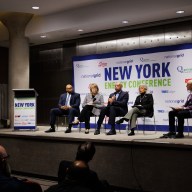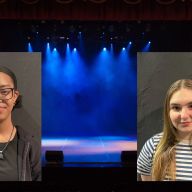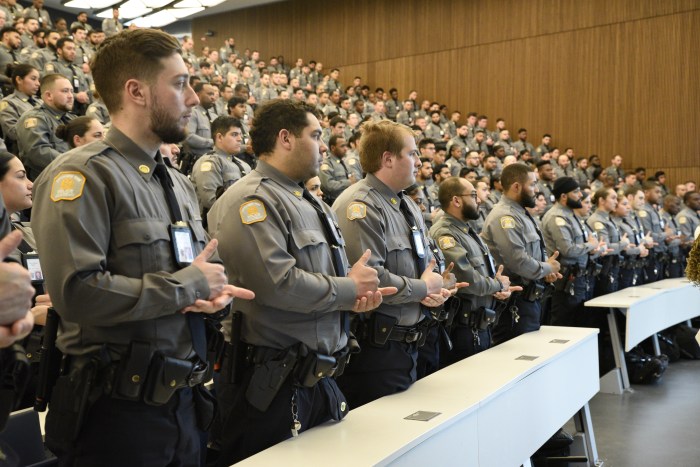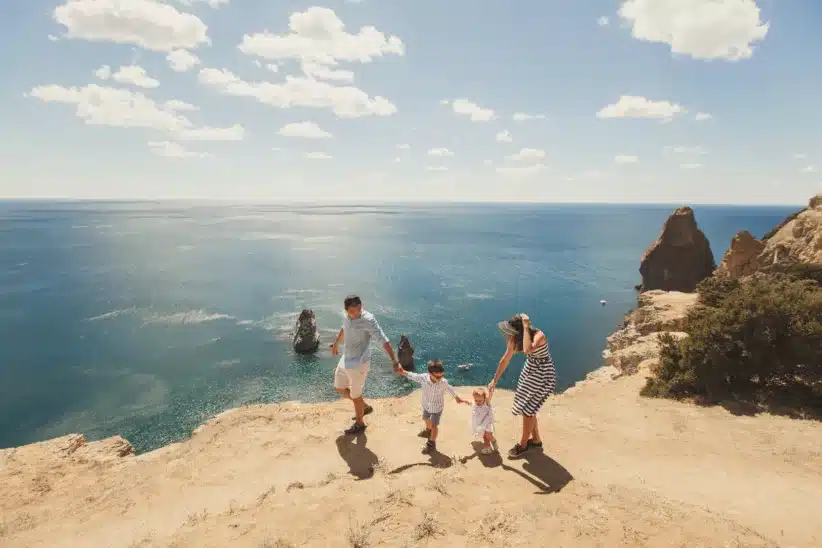By Alex Berger
February is Black History Month. Every February, the media treats us to a potpourri of African-American icons and their contributions to their rich culture. But, historically, childrens' stories are rarely presented.
We learn of such heroes as Paul Robeson, the Phi Beta Kappa scholar, All-American football player, actor and singer; and Jackie Robinson, the pioneering athlete who broke the color line in major league baseball 50 years ago. They are just two of the many modern stalwarts remembered for their contributions. Then there were women like Sojourner Truth and Harriet Tubman, who helped black slaves travel the “Underground Railroad” to freedom, during the period preceding the Civil War. You can name countless other African-American “giants” whose exploits will always be remembered. But for now, “Berger's Burg” will shine its spotlight on the children.
So, children, pay attention. I am going to relate a story all the way from Africa about a brave turtle, a smart snail, and some other animals. It is a delightful folk tale from Zaire (formerly the Belgian Congo) which proves, without a doubt, that black heroes do not necessarily have to be human.
One day many years ago, several animals agreed to hunt together in the forest. They set up a hunting camp close to a deep well. After hunting all that first day, they became thirsty.
“Mboloko, you are both swift and clever,” said the rhinoceros. “Go and bring us some water from the well.” Mboloko, the small antelope, set off to get the water. Meanwhile, Mo, the small snail, had fallen into the well.
“If someone comes to draw water, he may bring me up with it, drink me, and my life will be lost,” Mo thought to himself. “I must frighten everyone who comes to draw water.”
When Mboloko came to draw water, he heard a strange song, a song that echoed from the walls of the well: “Beware, all those who would drink from this well. As for those who serve others, your death I foretell.”
Mboloko, fearing for his life, ran back to the other animals. “I cannot bring you water,” he said. “There is something strange and dangerous about that well. I heard a terrible song coming from beneath the water.”
All the animals laughed at him. “You have no courage, Mboloko,” they said. “We shall send Nknoi, the leopard. He is strong and he is not afraid of anything.” Nknoi went to get water. But as he came close to tthe well, he heard a strange song echoing from the walls of the well:
“Nknoi, Nknoi, why should you die? Let those who sent you – come here and try. Nknoi, afraid, ran back to his friends. “Mboloko was right,” he said. “There is something dangerous about that well. I too heard a voice beneath the water.” The animals said, “Well, If the leopard is afraid, we shall ask Enri the elephant. He is strong enough to frighten that voice in the well.” And they sent the elephant.
As Enri entered the clearing near the well, he could hear the voice echoing from the walls of the well: “Beware! beware! Seek not your water here. The slave who does another's work – has everything to fear.”
Enri did not stay to hear any more. He ran crashing through the brush to the place where his friends were waiting. “Mboloko and Nknoi were right,” he bellowed, 'There was a voice in the well. Someone else will have to draw the water.”
“Then I shall go,” volunteered Luka the lion. “It is easy to see why I have become the king of beasts. No voice from a well can keep me from the water we need.” And off he went to the well.
But Luka fared no better than the others, for he too heard the strange voice from the well and was afraid. For two weeks the animals went without water, since none dared to face the strange creature in the well. Finally Nkulu, the wife of the tortoise, decided that she would fetch the water.
How the rest of the hunting party laughed! “When such fierce, strong animals as the lion and the leopard cannot bring water from that dangerous well, what makes you think that you can do it?” they asked.
Nkulu heard them laughing, but still she set off toward the well, slowly, slowly as was her way. As she came close to the well, she could hear that strange voice: “Nkulu, Nkulu, stay far, far away, or those who sent you will mourn you today.” But Nkulu continued to crawl along until she came to the very edge of the well. “I will drop down into the well and see this creature who sings,” she said.
As she sank lower and lower, the voice became stronger and stronger, but still Nkulu would not leave. At last, when she reached the bottom of the well, she found the singer, that dangerous creature – was only Mo the snail!
'Mo!,” she said, “So you are the one who has frightened the antelope and the leopard and the elephant and the lion. And you are the one who has kept us from the water we need. I shall take you with me so that they all can see what a dreadfully dangerous creature you are.”
Picking Mo up in her mouth, Nkulu swam to the top of the well. Step by step, she crawled back along the path to the place where the rest of the animals waited. She dropped Mo at the feet of the lion. “This,” she said, “is the one who drove us away from the well – this single singing snail.
Come now, let us drink.” And, praising the will and wit of Nkulu, the animals hastened to the well to quench their thirst. This brave turtle had saved the wild animals of Africa from dying of thirst.
So, children, there you have it. Don't you agree that the brave turtle and the frightened snail, although not real people, deserve a larger role in the celebration of Black History Month. Tell this story to your parents, teachers, and friends. Nkulu and Mo will thank you.



























